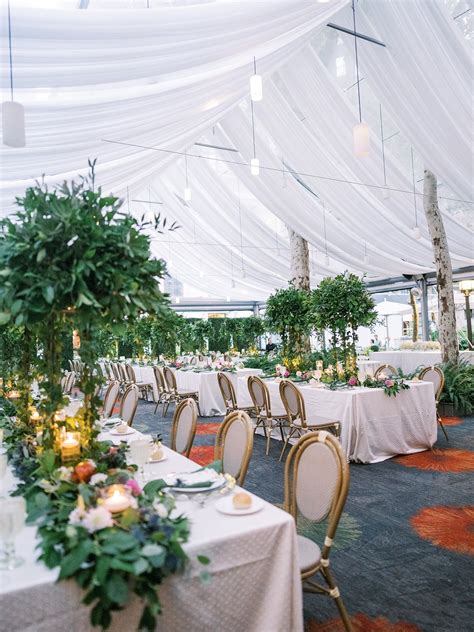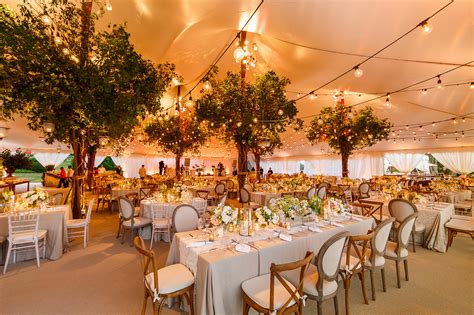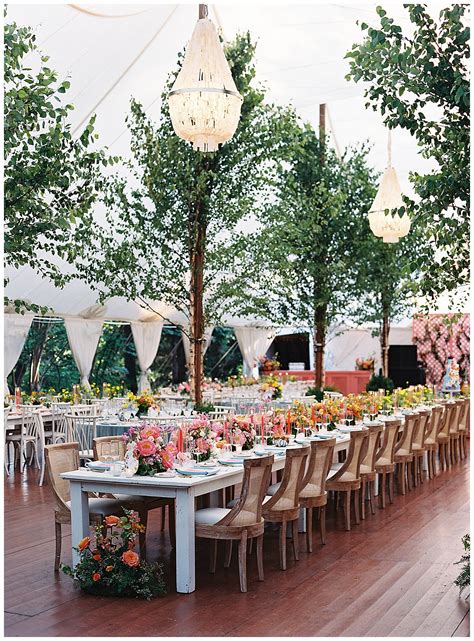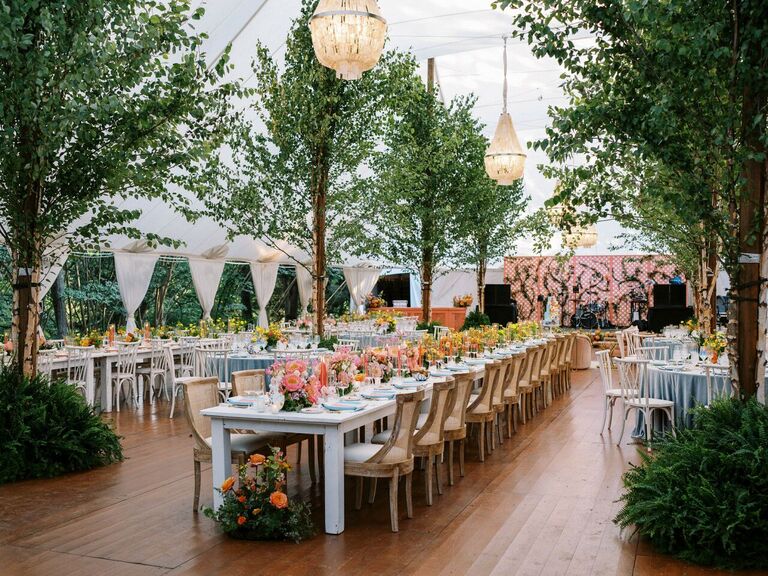Planning a wedding can be both exhilarating and overwhelming, with countless details to consider for the perfect day. From selecting the ideal venue to managing the guest list, each decision plays a crucial role in ensuring a seamless and memorable celebration. In this comprehensive guide, we’ll explore essential tips and strategies for achieving a flawless wedding. Whether you’re just beginning the planning process or looking to refine your preparations, these insights will help you navigate the journey with confidence. Join us as we delve into the key elements of wedding planning, offering practical advice and expert recommendations to make your special day truly exceptional.
Delve into this topic with isorblog.com to gain a thorough understanding.
1. Choosing the Perfect Venue
Choosing the perfect venue is a foundational step in wedding planning that sets the tone for your entire event. Start by considering your vision and preferences: Do you envision an elegant ballroom, a charming garden, or a rustic barn? The venue should align with your style and accommodate your guest list comfortably. Location is also crucial—ensure it’s accessible for guests and convenient for any additional services you may need, such as transportation and lodging.
Visit potential venues to get a feel for the space and visualize your wedding day. Pay attention to details like lighting, layout, and amenities. Don’t forget to inquire about availability, rental fees, and any restrictions or policies the venue may have.
When choosing a venue, it’s essential to balance your dream location with your budget. A stunning venue can elevate your wedding experience, but it’s important to find one that offers both beauty and practicality. By carefully selecting a venue that reflects your vision and meets your needs, you’ll create a memorable backdrop for your special day.

2. Setting a Realistic Budget
Setting a realistic budget is crucial for a successful wedding planning process. Begin by determining your overall budget based on your financial situation and any contributions from family members. Break down the budget into categories such as venue, catering, attire, decor, and entertainment. This helps ensure you allocate funds appropriately to each aspect of the wedding.
Research typical costs for each category to make informed decisions and avoid overspending. Prioritize your spending based on what matters most to you, whether it’s a lavish reception or a stunning dress. It’s also wise to include a contingency fund for unexpected expenses.
Track your spending throughout the planning process to stay within your budget. Consider using budgeting tools or spreadsheets to monitor expenses and adjust as needed. By setting and adhering to a realistic budget, you’ll alleviate financial stress and ensure a more enjoyable wedding planning experience, allowing you to focus on creating memorable moments for your special day.

3. Creating a Detailed Timeline
Creating a detailed timeline is essential for a well-organized wedding. Start by outlining major milestones and deadlines, such as booking the venue, securing vendors, and sending out invitations. A clear timeline ensures that each task is completed in a timely manner and helps prevent last-minute stress.
Begin by setting a wedding date and work backward to establish a schedule for each planning phase. Break the timeline into manageable segments, like monthly or weekly tasks, and assign specific deadlines. Include tasks such as dress fittings, tasting sessions, and finalizing the seating chart.
Regularly review and adjust the timeline as needed, accommodating any changes or delays. Communication with your vendors and wedding party is crucial to ensure everyone is aware of important dates and deadlines. A well-structured timeline not only helps keep the planning process on track but also ensures that your wedding day unfolds smoothly and as planned. By staying organized and proactive, you’ll be better prepared for a successful and stress-free celebration.

4. Selecting the Right Vendors
Selecting the right vendors is key to bringing your wedding vision to life. Start by researching and compiling a list of potential vendors for each service category, including photographers, florists, caterers, and entertainers. Look for recommendations from friends and family, read online reviews, and check portfolios to ensure their style aligns with your preferences.
Once you have a shortlist, schedule interviews or consultations to discuss your needs, budget, and vision. This is an opportunity to gauge their professionalism, creativity, and responsiveness. Ask about their experience with weddings similar to yours, and request references from previous clients to verify their reliability.
Evaluate each vendor’s proposals carefully, comparing their services, pricing, and terms. Ensure they understand your requirements and can deliver within your timeline. It’s also important to clarify any additional costs or fees that might arise.
Choose vendors who not only meet your expectations but also make you feel comfortable and confident in their abilities. Building a strong rapport with your vendors can enhance communication and ensure a smoother planning process. By selecting the right professionals, you’ll help ensure that every aspect of your wedding day is executed flawlessly and reflects your unique vision.
5. Crafting a Personalized Theme
Crafting a personalized theme is a delightful way to make your wedding day unique and memorable. Begin by reflecting on your personal style and interests, and consider how these can be incorporated into the theme. Whether it’s a classic elegance, a vintage charm, or a modern chic vibe, your theme should resonate with who you are as a couple.
Start by choosing a color palette that complements your venue and enhances your overall vision. This palette will guide your choices for decorations, floral arrangements, and attire. Next, think about incorporating personal elements that tell your story. This might include custom decorations, unique favors, or themed invitations that reflect your journey together.
Consider how your theme will flow throughout the day, from the ceremony to the reception. Ensure that all elements, including the venue setup, table settings, and entertainment, align with the theme. Collaborate with your vendors to bring your vision to life, and be sure to maintain consistency in design and messaging.
A well-crafted theme adds a personal touch to your wedding, making it a reflection of your love and individuality. By thoughtfully designing each aspect, you create a cohesive and enchanting experience for you and your guests.
6. Managing the Guest List
Managing the guest list is a crucial aspect of wedding planning that impacts many other elements of the event. Start by creating a comprehensive list of everyone you’d like to invite, including family, friends, and colleagues. Consider the capacity of your chosen venue and your budget constraints when finalizing the list.
Use a spreadsheet or guest management tool to track RSVPs, dietary restrictions, and contact details. This helps streamline communication and ensure you have an accurate headcount for catering and seating arrangements.
Be mindful of potential changes in guest availability and update your list accordingly. It’s also helpful to create a tiered list in case you need to adjust your invites based on the venue’s capacity or last-minute changes.
Properly managing the guest list ensures a smooth planning process and a well-organized event. It allows you to focus on creating memorable experiences and enjoying your special day with the people who matter most.
7. Organizing the Ceremony and Reception
Organizing the ceremony and reception is essential for a seamless wedding experience. Start by planning the ceremony details, including the order of events, vows, and music. Choose readings and decide on any special rituals or traditions that reflect your values and preferences. Coordinate with your officiant to ensure everything runs smoothly.
For the reception, focus on the flow of events such as the grand entrance, first dance, and speeches. Create a detailed schedule to keep the evening on track and ensure that each segment transitions smoothly.
Work with your venue and vendors to arrange seating, table settings, and decor according to your theme. Plan the timeline for dinner service and entertainment to keep guests engaged and the atmosphere lively.
By carefully organizing both the ceremony and reception, you can create a memorable and enjoyable experience for you and your guests, ensuring your wedding day unfolds exactly as you envisioned.
8. Planning the Menu and Catering
Planning the menu and catering is a vital component of your wedding, as it directly impacts your guests’ experience. Start by considering your wedding theme and the type of dining experience you want to offer. Decide whether you prefer a formal plated dinner, a buffet, or a more casual food station setup.
Work with caterers to design a menu that suits your preferences and accommodates dietary restrictions. Schedule tastings to sample potential dishes and refine your choices based on flavor, presentation, and quality. Ensure that the menu offers a variety of options to cater to different tastes and dietary needs.
Consider the timing of the meal in relation to your event schedule. Whether it’s a traditional sit-down dinner or a more relaxed hors d’oeuvres reception, ensure that the food service aligns with the flow of your day.
Additionally, plan for beverages, including both alcoholic and non-alcoholic options. Discuss drink packages, signature cocktails, or wine pairings with your caterer to enhance the dining experience.
Effective planning of your menu and catering ensures that your wedding feast is a highlight of the celebration, providing a delicious and memorable experience for all your guests.
9. Ensuring a Stress-Free Wedding Day
Ensuring a stress-free wedding day involves careful preparation and organization. Start by creating a detailed schedule for the day, including time allocations for hair and makeup, the ceremony, and reception activities. Share this schedule with your bridal party, vendors, and anyone else involved to ensure everyone is on the same page.
Prepare a wedding day emergency kit with essentials like sewing kits, stain remover, pain relievers, and snacks. Having these items on hand can help address any minor issues that arise.
Consider hiring a wedding planner or day-of coordinator to manage logistics and handle any last-minute changes. This allows you to focus on enjoying your day rather than worrying about the details.
Make sure to delegate responsibilities to trusted friends or family members, so you’re not overwhelmed with tasks on the day of the event. Communicate clearly with your vendors to confirm all arrangements and timing.
Finally, take moments to relax and breathe throughout the day. Remember to savor the experience and enjoy the celebration with your loved ones. A well-planned day and a positive mindset will contribute to a smooth and memorable wedding.
By focusing on key aspects such as choosing the perfect venue, setting a realistic budget, and crafting a personalized theme, you can create a wedding day that truly reflects your vision. Effective management of the guest list, careful organization of the ceremony and reception, and thoughtful planning of the menu and catering all contribute to a seamless celebration. With proper preparation and a stress-free mindset, you can ensure that your special day unfolds smoothly and is filled with joy and unforgettable memories for you and your guests.
isorblog.com


